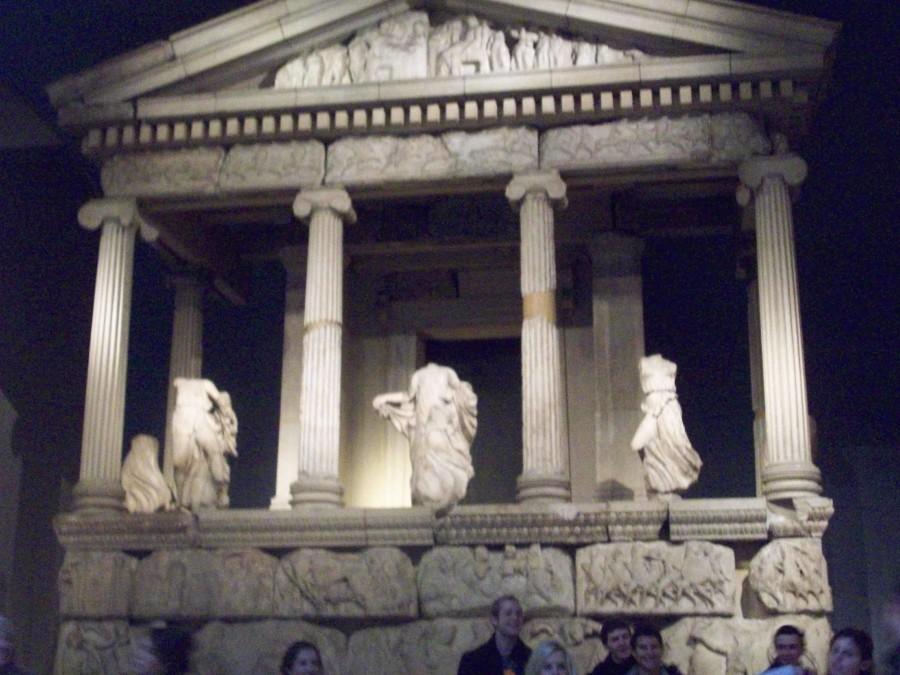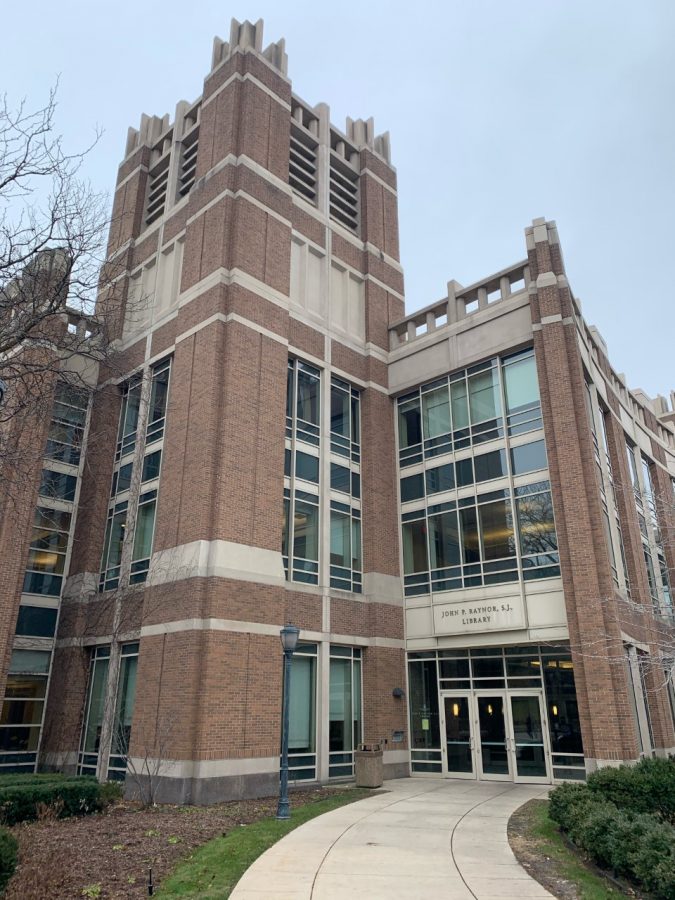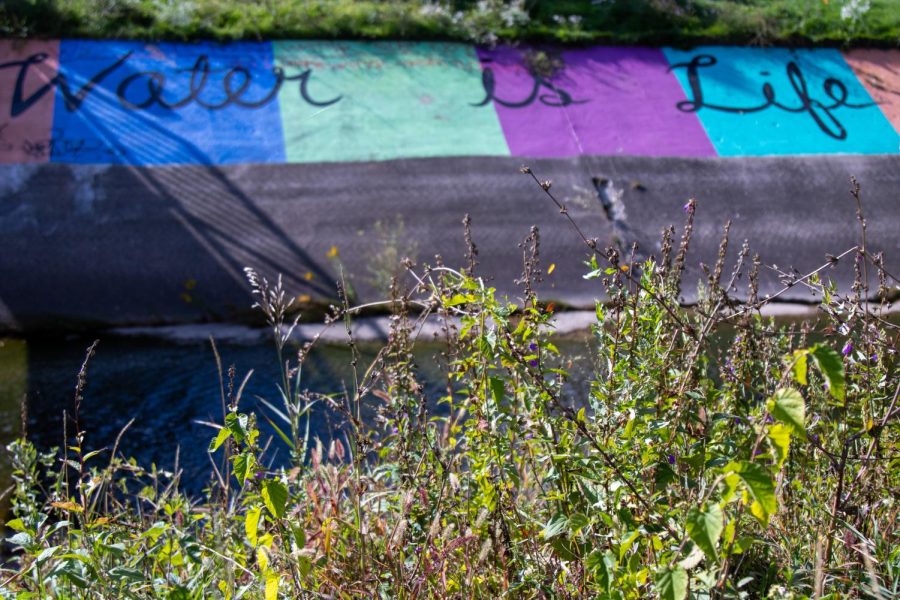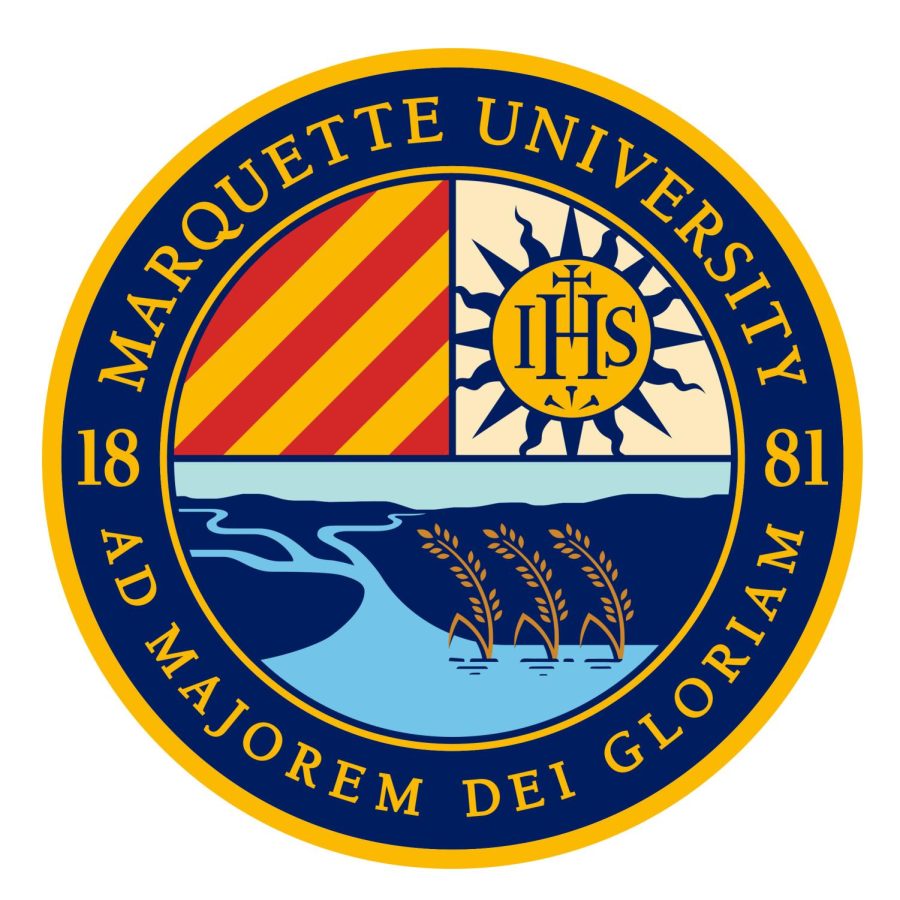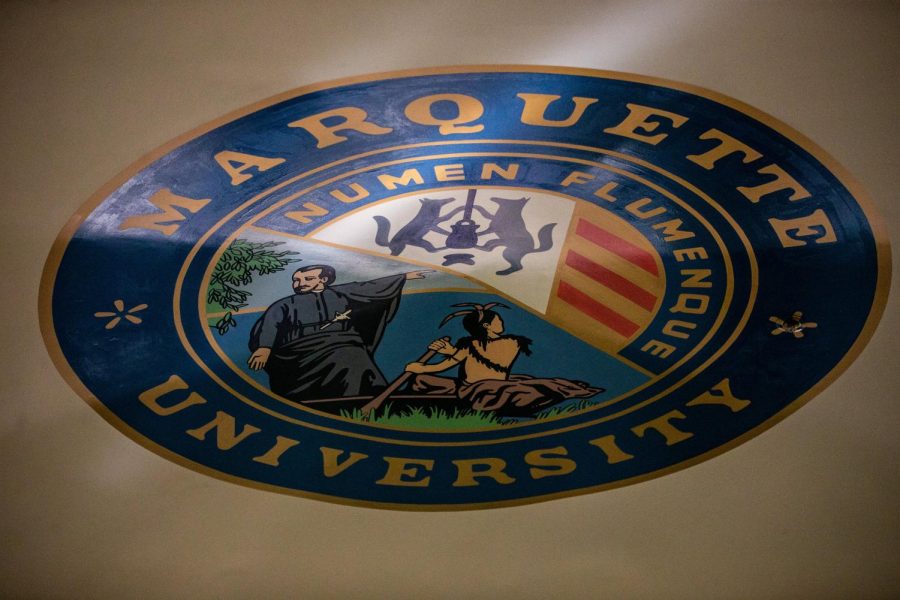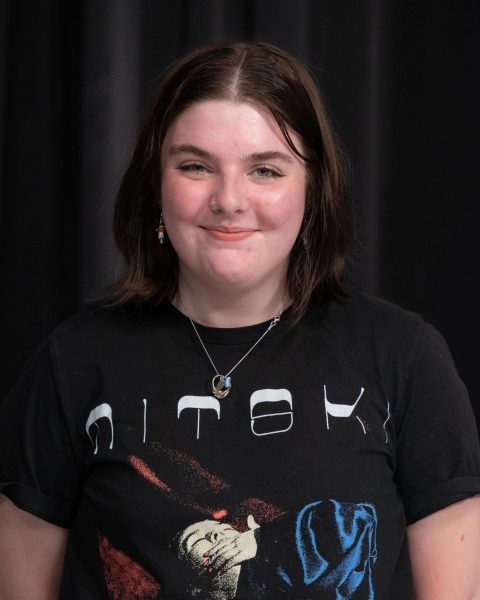Western museums need to return antiquities taken in violence and conquest to their rightful owners. These objects from the global south have been stolen and housed in western museums on a massive scale.
The Smithsonian approved returning 29 bronze sculptures from the Kingdom of Benin in Jun. 2022. These sculptures were looted from the palace of the King of the Kingdom of Benin, which is now in modern-day Nigeria. They were taken in 1897 after British soldiers punitively and violently invaded. The many riches within the palace were taken to pay off the cost of the invasion itself. The Smithsonian is an early adopter of the repatriation of stolen antiquities.
Similarly, U.S. authorities have confiscated 200 objects surrendered by museums and collections. Many are from Italy, a majority of which were initially acquired through a 30-year smuggling operation which was run by 70-year-old Roman Edoardo Almagià.
Unfortunately this practice has only come to full fruition in select parts of the United States. Many European countries and other parts of the States are less willing to return stolen antiquities.
Indigenous people in the states have advocated for the return of cultural artifacts to the proper communities.
Chip Cowell in the Op-ed “As Native Americans,We Are in a Constant State of Mourning” writes about western fascination with “primitive” art. Cowell states, “Indigenous peoples often tried their best to preserve their sacred objects and to protect the graves of their ancestors. But most communities were unable to stop the plunder.”
The largest offender of stolen antiquities is none other than the British Museum. The British Museum’s collection includes some of the Benin bronzes, the Maqdala collection, a plethora of real human remains and much more.
The Maqdala collection includes ceremonial crosses, chalices, processional umbrella tops, weapons, textiles, jewelry and religiously significant altar tablets. They are from what is currently northern Ethiopia. In 1867, British soldiers led a military expedition to the area. Subsequently they killed hundreds of people and wounded thousands more. They then looted the fortress, library and treasury.
Some of the strangest pieces in the possession of the museum are human remains. For research and on display they have over 6,000 human remains.
On the British Museum’s website, they attempt to justify their ownership of these remains, which keep in mind have been taken from their resting places without any authorization of their descendants or the people when they were still alive. The museum says that they try to keep a “record of the varied ways different societies have conceived of death and disposed of the remains of the dead.”
This is a poor justification for having the bodies of humans who in no way authorized the research of their remains.
The museum is in possession of several Maori preserved heads. The Maori are a still existing indigenous group from New Zealand. The heads were donated by Sir Augustus Wollaston Franks who is a revered “collector” of antiquities, or in better terms, a graverobber.
The idea that the museum has these culturally significant pieces is frankly disgusting and their endeavor to treat it as normal, and even moral, only makes the situation more insidious.
The Natural History Museum in Vienna recently returned the preserved Maori heads, also known as toi moko, mokomokai and upoko tuhi, that were in their possession to New Zealand.
William “Pou” Temara, chairperson of Te Papa’s Repatriation Advisory Panel, said “It is always a spiritual relief and privilege to welcome back our ancestors who have been victims of such wrongdoing. Culturally we know that they are weeping with joy now that they have returned to Aotearoa where at last they will rest in peace.”
The importance of the returning of these objects is a matter of cultural identity. They hold cultural roots to the people whom they originally belonged to. The return of these artifacts is essential in order to heal the wound left in their place.
This story was written by Kirsten Lyons. She can be reached at kirsten.lyons@marquette.edu


